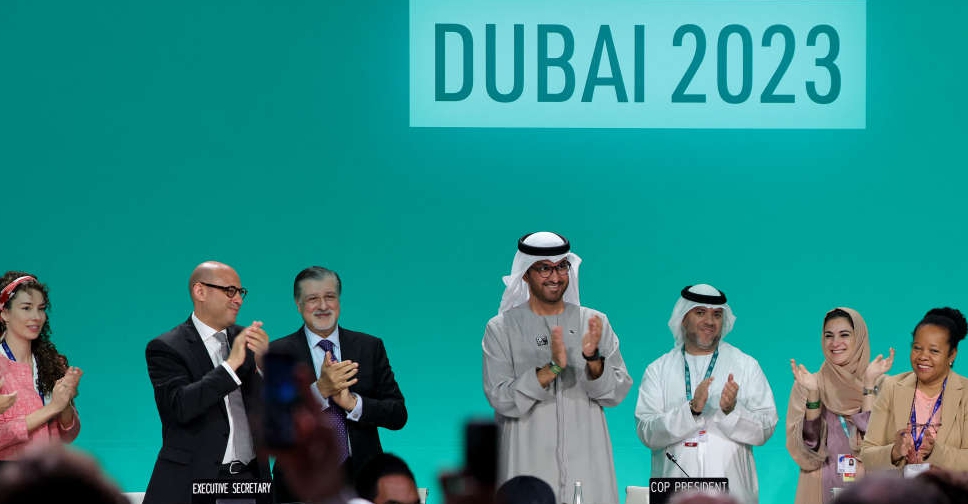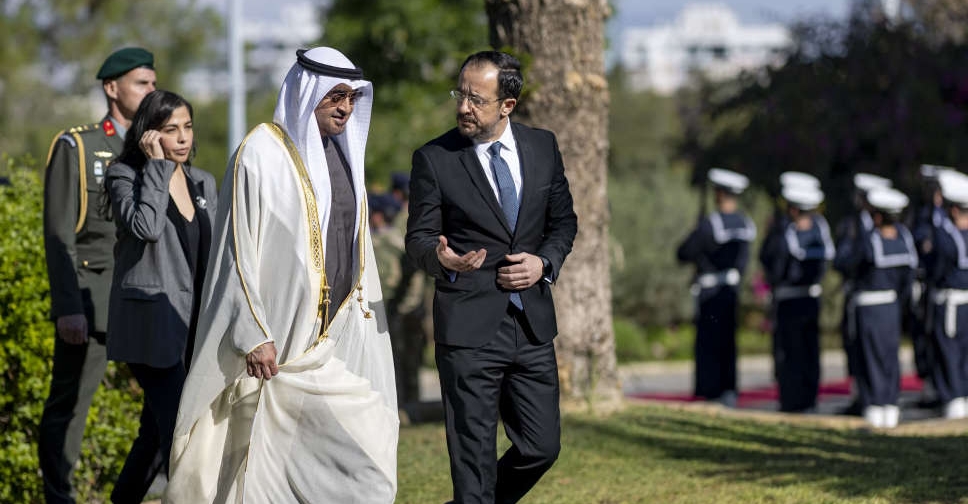
The COP28 climate summit on Wednesday approved a deal that would, for the first time, push nations to transition away from fossil fuels to avert the worst effects of climate change.
COP28 President Sultan al-Jaber hailed the deal approved by almost 200 countries on Wednesday as an "historic package" of measures, which offered a "robust plan" to keep the target of 1.5C within reach.
"We have delivered a paradigm shift that has the potential to redefine our economies," he said during the closing session of the COP28 summit, shortly after the deal was approved.
He added a note of caution for nations: "An agreement is only as good as its implementation. We are what we do, not what we say."
The deal struck in Dubai after two weeks of hard-fought negotiations was meant to send a powerful signal to investors and policy-makers that the world is now united in its desire to break with fossil fuels, something scientists say is the last best hope to stave off climate catastrophe.
More than 100 countries had lobbied hard for strong language in the COP28 agreement to "phase out" oil, gas and coal use, but came up against powerful opposition from the Saudi Arabia-led oil producer group OPEC, which argued that the world can slash emissions without shunning specific fuels.
That battle pushed the summit into overtime on Wednesday.
Now that the deal is struck, countries are responsible for delivering on the agreements through national policies and investments.
The proposed deal would specifically call for "transitioning away from fossil fuels in energy systems, in a just, orderly and equitable manner ... so as to achieve net zero by 2050 in keeping with the science."
It also calls for a tripling of renewable energy capacity globally by 2030, speeding up efforts to reduce coal, and accelerating technologies such as carbon capture and storage that can clean up hard-to-decarbonize industries.
More details to follow.




 UAE President receives official welcome at Presidential Palace in Nicosia
UAE President receives official welcome at Presidential Palace in Nicosia
 Rain hits parts of UAE: Dubai Police issues public safety SMS alerts
Rain hits parts of UAE: Dubai Police issues public safety SMS alerts
 UAE condemns terrorist shooting at Bondi Beach
UAE condemns terrorist shooting at Bondi Beach
 UAE condemns shooting at Brown University in US
UAE condemns shooting at Brown University in US
